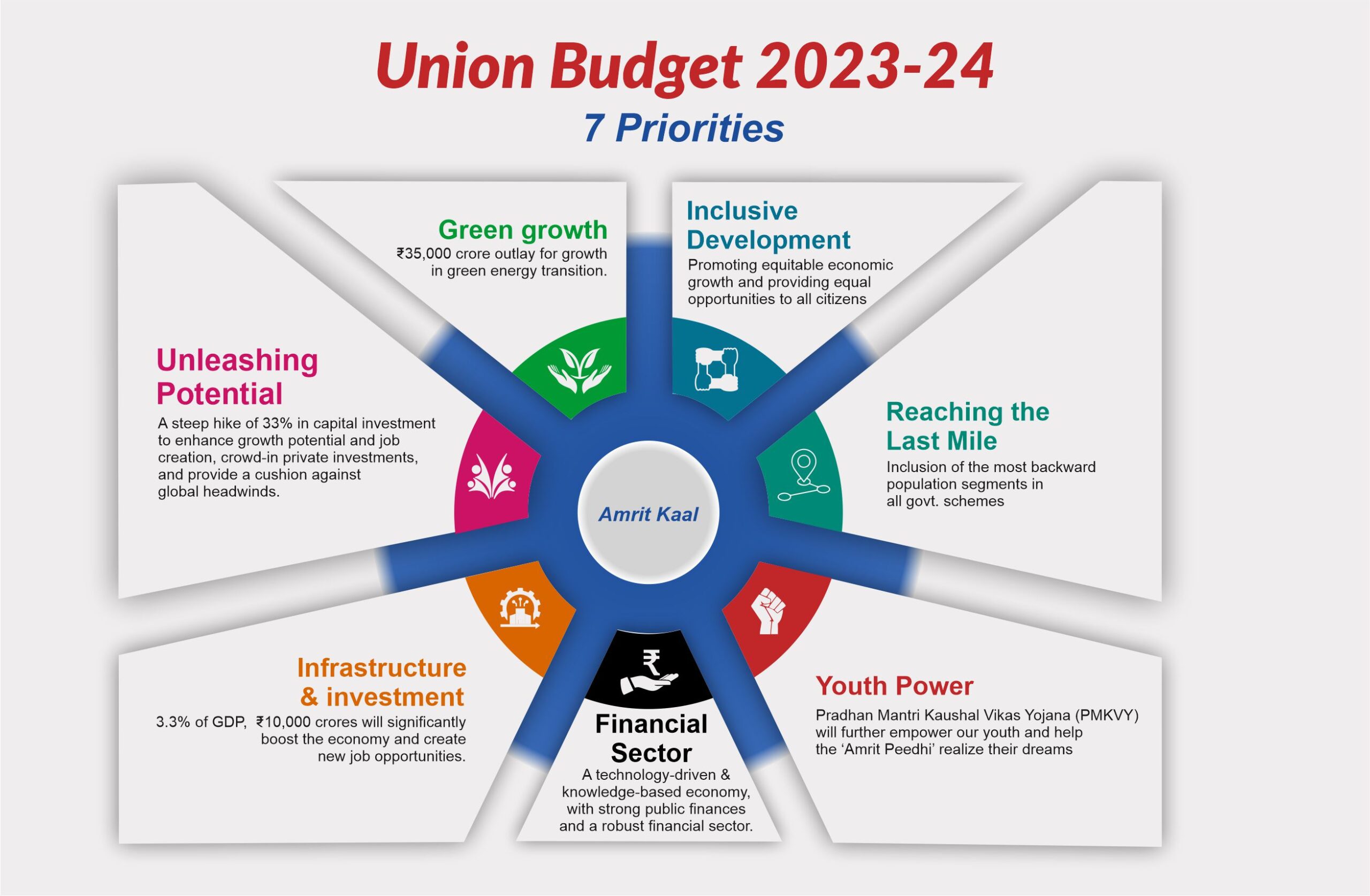The Sound Perimeter: A Study Of Music's Influence

Table of Contents
Emotional Responses to Music
How does music directly affect our feelings and mental state? The answer lies partly in the intricate interplay between music and our brain chemistry.
The Neurochemical Basis
Listening to music triggers the release of various neurochemicals, profoundly impacting our emotional landscape.
- Dopamine: This neurotransmitter, associated with pleasure and reward, is released in response to enjoyable music, creating feelings of happiness and euphoria. Different musical genres can trigger varying dopamine responses; upbeat pop music, for instance, often elicits a stronger dopamine release than slower, melancholic music.
- Endorphins: These natural painkillers are released in response to music, contributing to feelings of well-being and reducing stress and anxiety. Research shows that listening to calming music can lower cortisol levels (the stress hormone).
- Specific Studies: Studies using fMRI (functional magnetic resonance imaging) have shown that music activates multiple brain regions, including those associated with emotion, memory, and reward. These studies highlight the complex neurological mechanisms underlying music's influence on our emotional state.
- Music Therapy: Music therapy leverages music's influence on the brain to treat a range of conditions, from anxiety and depression to Alzheimer's disease and Parkinson's disease. Specific musical interventions are tailored to elicit desired emotional and cognitive responses.
Music and Memory
Music possesses a remarkable ability to evoke strong memories and nostalgia. A single melody can transport us back to a specific time and place, reliving past experiences with vivid detail.
- Autobiographical Memory: Songs often become intrinsically linked to autobiographical memories, forming powerful emotional connections. A song heard during a significant life event can trigger a flood of associated memories upon hearing it again, years later.
- Earworms (Involuntary Musical Imagery): These catchy tunes, which get stuck in our heads, can significantly influence our mood. While sometimes annoying, earworms can also be a source of pleasure and even creativity, inspiring new musical ideas.
- Memory Recall: Music is increasingly used in therapeutic settings to aid memory recall in individuals with cognitive impairments. Familiar songs can act as memory cues, stimulating the retrieval of lost memories.
Music's Societal Impact
Music plays a pivotal role in shaping cultures, driving social movements, and defining identities. Its influence extends far beyond individual emotional responses.
Music and Cultural Identity
Music acts as a powerful mirror, reflecting and shaping cultural values, traditions, and beliefs. Different musical styles emerge from diverse cultures, carrying distinct cultural narratives.
- Cultural Diversity: From the traditional folk music of Appalachia to the vibrant rhythms of Brazilian samba, music reflects the vast diversity of human cultures. Each musical style carries a unique cultural signature.
- National Identity: National anthems and other patriotic songs reinforce a sense of national unity and identity. These pieces often incorporate musical elements that are distinctly associated with a particular nation.
- Unifying Force: Music transcends language barriers and can act as a powerful unifying force, bringing together people from diverse backgrounds. Large-scale musical events, such as concerts and festivals, often foster a sense of community and shared experience.
Music and Social Change
Throughout history, music has served as a powerful tool for social change and political activism. Protest songs and revolutionary anthems have galvanized movements and inspired action.
- Protest Songs: From the civil rights movement's spirituals and freedom songs to the anti-war anthems of the Vietnam era, music has consistently provided a voice for marginalized groups and fueled social movements.
- Raising Awareness: Music has effectively raised awareness about crucial social issues, from environmental concerns to gender equality. Artists use their platforms to share messages of change and inspire action.
- Social Commentary: Many artists utilize their music as a vehicle for social commentary, challenging injustice and promoting positive change. Bob Dylan's protest songs, for instance, are iconic examples of music's power to challenge prevailing norms.
The Commercialization of Music's Influence
The music industry masterfully leverages music's influence to drive marketing, branding, and profit. The power of music is increasingly intertwined with commerce.
Music in Advertising and Branding
Music's emotional impact makes it an incredibly effective tool in advertising and branding. Companies strategically select music to evoke desired feelings and associate their products with positive emotions.
- Psychology of Music in Advertising: The choice of musical style, tempo, and instrumentation significantly influences consumers' perceptions and buying decisions. Upbeat music, for example, can create a sense of excitement and energy.
- Effectiveness Across Contexts: The effectiveness of different musical styles varies depending on the advertised product and target audience. A luxury car advertisement might use sophisticated classical music, while a fast-food commercial might employ upbeat pop.
- Successful Campaigns: Many highly successful marketing campaigns have utilized music strategically to enhance their impact and build brand recognition. Think of the instantly recognizable jingles associated with many well-known brands.
The Power of Music Streaming and Recommendation Algorithms
Music streaming services and recommendation algorithms have profoundly impacted how we discover and consume music. These algorithms shape our musical tastes and create personalized listening experiences.
- Personalized Playlists: Algorithmic curation creates personalized playlists tailored to individual preferences. These playlists help users discover new music while reinforcing existing preferences.
- Ethical Considerations: The algorithmic curation of music raises ethical questions about potential biases, manipulation, and the creation of "filter bubbles." Algorithms can inadvertently limit musical diversity and prevent exposure to new genres or artists.
- Filter Bubbles: Personalized recommendations can create "filter bubbles," limiting exposure to diverse musical styles and reinforcing pre-existing tastes. This can restrict musical discovery and contribute to a less diverse musical landscape.
Conclusion
This exploration of music's influence reveals its profound and multifaceted impact on our emotions, memories, societies, and even commercial landscapes. From the neurochemical responses triggered by a favorite song to its role in shaping cultural identities and driving social change, the power of music is undeniable. Understanding music's influence allows us to appreciate its pervasive presence and leverage its power for positive change. We encourage further exploration into the fascinating world of music's influence to better understand its impact on ourselves and the world around us. Delve deeper into the sound perimeter and discover the untold stories within the notes!

Featured Posts
-
 Dropout Kings Vocalist Adam Ramey Dead At Age
May 22, 2025
Dropout Kings Vocalist Adam Ramey Dead At Age
May 22, 2025 -
 Mid Hudson Valley Gas Prices A Recent Increase
May 22, 2025
Mid Hudson Valley Gas Prices A Recent Increase
May 22, 2025 -
 Ukrayina V Nato Otsinka Rizikiv Ta Perspektiv Za Zayavami Yevrokomisara
May 22, 2025
Ukrayina V Nato Otsinka Rizikiv Ta Perspektiv Za Zayavami Yevrokomisara
May 22, 2025 -
 Ings 2024 Annual Report Key Highlights From Form 20 F Filing
May 22, 2025
Ings 2024 Annual Report Key Highlights From Form 20 F Filing
May 22, 2025 -
 Abn Amro Huizenprijzen Omhoog Ondanks Economische Tegenwind
May 22, 2025
Abn Amro Huizenprijzen Omhoog Ondanks Economische Tegenwind
May 22, 2025
